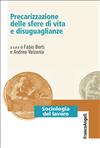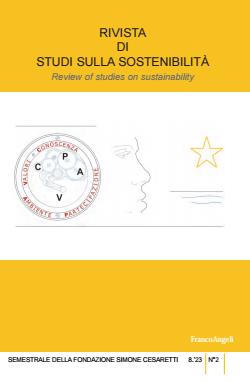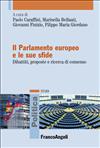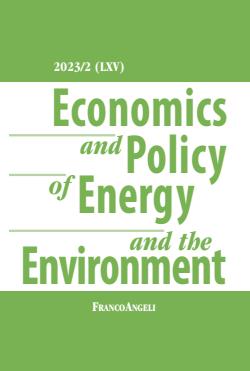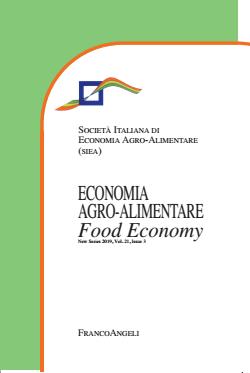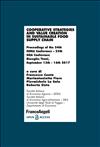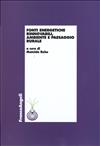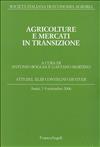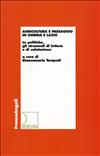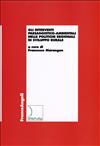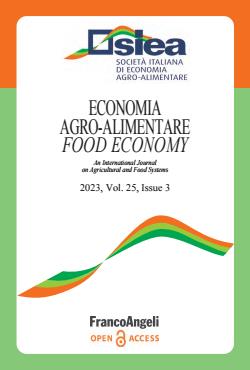
The agribusiness sector needs substantial funding to initiate an ecological transition involving healthy diets and the creation of local circuits and linkages. One sector that has yet to be studied from this perspective is vending, whose importance is confirmed by its profits, especially in Italy. At present, the vending sector cannot be considered sustainable as it rarely contributes to the development of healthy diets and local economies with low environmental impact. There are cases of products with suitable characteristics that can push the sector towards more sustainable dynamics, but such products often do not achieve the success they deserve for various socioeconomic reasons. Access to financial investment or alternative modes of financing could help small and medium-sized enterprises in the sector overcome these difficulties.
